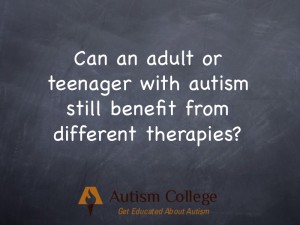Recently I was invited to speak in Sarnia, Canada – which is across the border from Detroit. The conference organized by the Jumpstart Lambton Kent Teen Transition committee was entitled “Clarity, Please!” and was about the transition to adulthood. They launched a new website which has lots of relevant information and will make it easier for families and teens with special needs to find the help they need. As well, there is a partnership with Ability Online, a free monitored, supportive, online community for kids, teens and young adults of all abilities.
I love presenting at different conferences around the planet as it gives me the opportunity to hear the experiences of different families, organizations, and the young adults who are on a mission to create the life they dream of. I presented on Autism Life Skills and A Full Life with Autism – information that is valid for any person with a developmental disability. At “Clarity Please!” There was a panel of young adults and their families who talked about their transition to adulthood and how that was going. Although all the stories were different, there were some traits that all the families shared. These were:
- the parents were strong advocates
- they raised their children to have good self esteem
- they made connections in the community
- they partnered with helpful agencies
- the young adults had learned to be advocates for themselves
- they encouraged their young adult to work towards creating the life they dreamed of, even if it was different from what the parents had imagined for their adult child.
At each conference there are always some touching and funny moments. My most embarrassing moment at the conference was when I mistook the mayor of Sarnia and a member of parliament (who were sitting at the presenter’s table with me) as upcoming members on the family panel. I thought it was funny when Dave Schaller, Manager of Family and Community Services at Pathways Health Centre for Children recapped the day saying my talk was “at times funny but always real.” That’s how I feel about trying to access services for my son, Jeremy!
The most touching moment for me was at the end of the day. A father walked over and gave me a flower – fashioned from pipe cleaners that had been placed on each table along with other fidget items. “Here,” he said “My son made this for you.” Instances like this make the traveling to share information all worthwhile.




